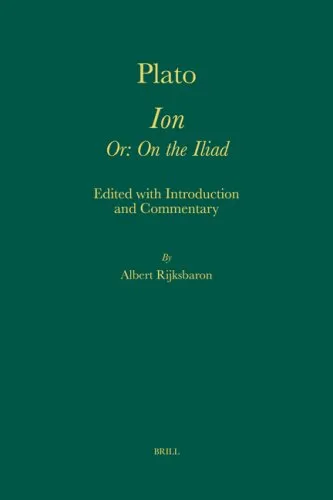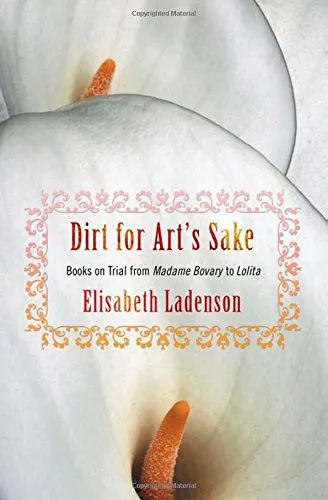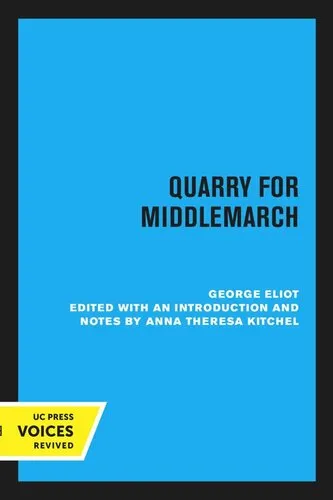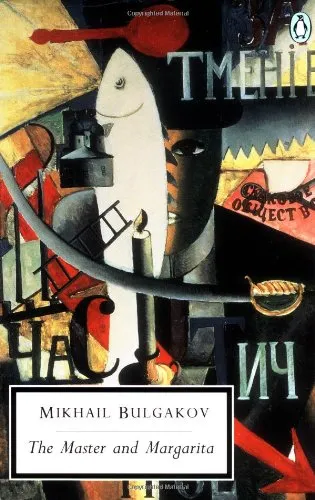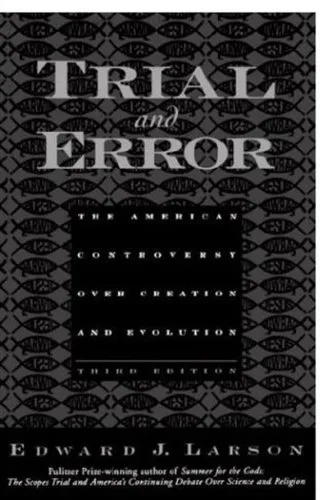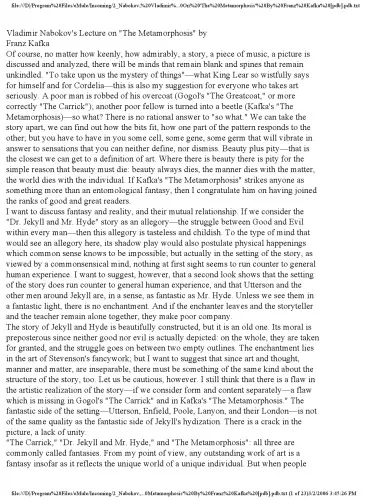Lolita (Penguin Modern Classics)
3.9
Reviews from our users

You Can Ask your questions from this book's AI after Login
Each download or ask from book AI costs 2 points. To earn more free points, please visit the Points Guide Page and complete some valuable actions.Related Refrences:
Persian Summary
Introduction to 'Lolita' by Vladimir Nabokov
Vladimir Nabokov’s 'Lolita', first published in 1955, stands as one of the most controversial and celebrated novels of the twentieth century. A tour de force of language and wit, it forces readers to engage with unsettling themes through its ingenious narrative and stylistic mastery. The book belongs to the Penguin Modern Classics series, reinforcing its status as a cornerstone of modern literature.
Detailed Summary of the Book
The narrative of 'Lolita' is delivered through the suave yet deeply troubling voice of Humbert Humbert, a middle-aged literary scholar plagued by an obsession with "nymphets," or prepubescent girls. The novel traces his life as it descends into a chaotic spree of obsession, manipulation, and delusion upon meeting the twelve-year-old Dolores Haze, whom he endearingly nicknames "Lolita".
Humbert’s obsession leads him to rent a room in the Haze household just to be near her, and he eventually marries Lolita’s mother, Charlotte, to remain close to his beloved. Tragedy strikes when Charlotte dies in an accident, leaving Humbert as Lolita's sole guardian. What follows is a series of road trips across the United States, during which he manipulates and abuses Lolita, all while seeing himself as her passionate lover.
Nabokov crafts a narrative ripe with irony and vivid imagery, pushing readers to wrestle with their own judgments and morality. The unreliability of Humbert as a narrator adds layers of complexity, enveloping readers in a spellbinding yet disconcerting tale of desire and destruction.
Key Takeaways
- The Power of Unreliable Narration: Humbert Humbert’s perspective skews reality, challenging readers to discern fact from fiction.
- Language as Art: Nabokov's linguistic brilliance transforms prose into poetry, evoking emotions both beautiful and terrifying.
- Themes of Obsession and Morality: The novel explores the depths of obsession, the moral ambiguity of love and control, and the fragility of innocence.
- Cultural Criticism: Lolita offers a critical look at mid-20th century American suburbia and its hidden hypocrisies.
Famous Quotes from the Book
"Lolita, light of my life, fire of my loins. My sin, my soul."
"It was love at first sight, at last sight, at ever and ever sight."
"You can always count on a murderer for a fancy prose style."
Why This Book Matters
'Lolita' matters because it compels readers to confront their own ethics and emotions through its intricate narrative and potent themes. Nabokov’s masterful command of language invites both admiration and introspection, forcing a confrontation with the darkest edges of human desire. The novel's exploration of power dynamics and the bending of cultural taboos opens dialogue about consent and morality, remaining astoundingly relevant in today's discussions.
Moreover, Nabokov’s work expands beyond the story told on its surface, offering an enduring critique of societal norms and the hidden vices within. 'Lolita' transcends its controversial subject matter to emerge as a transformative piece of literature that challenges and transforms its readers through the sheer beauty of its prose and the darkness of its message.
Free Direct Download
You Can Download this book after Login
Accessing books through legal platforms and public libraries not only supports the rights of authors and publishers but also contributes to the sustainability of reading culture. Before downloading, please take a moment to consider these options.
Find this book on other platforms:
WorldCat helps you find books in libraries worldwide.
See ratings, reviews, and discussions on Goodreads.
Find and buy rare or used books on AbeBooks.
1465
بازدید3.9
امتیاز0
نظر98%
رضایتReviews:
3.9
Based on 0 users review
Questions & Answers
Ask questions about this book or help others by answering
No questions yet. Be the first to ask!



